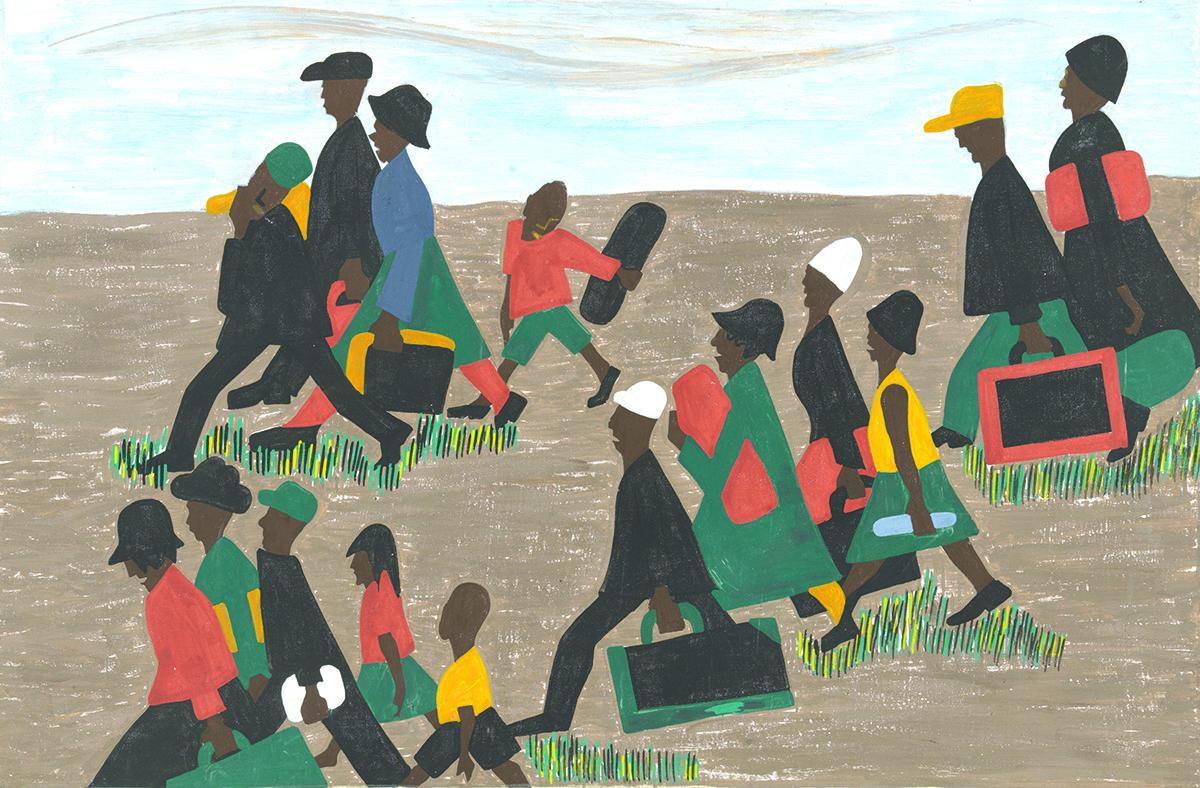In writer and journalist Morgan Jerkins’ article, “Why do you say you’re black?”, Jerkins writes about her response to an older man who asked her why she calls herself black and not human. The man’s comment arose from his biases and conceptions about black people. His racist beliefs about black people did not correspond with the accomplished, intelligent woman before him. How can he claim that race is not important when Jerkins’ race and beliefs are the first things that come up in the conversation? This reminded me of Langston Hughes’, “The Negro Artist and the Racial Mountain.” Jerkins and Hughes both explain why it is pertinent that black folks identify as black writers, artists, etc.
What came to mind when I read this Jerkins’ article was that white people have the privilege to be able to ignore race as much as they want. They are able to ignore race because they benefit from their whiteness at the expense of non-white people. They are not stopped by the police for no reason at all. Police stops will likely not have fatal results. They are not denied housing because of their race. The list of subtle and overt instances of racism that they do not have to experience goes on. In this way, they are able to disregard their own privilege as well as people of color’s lack of privilege.
Jerkins says how she used to think her race was unimportant. After the news story of Trayvon Martin, Jerkins could no longer ignore her black identity. She eloquently recounts her prior feelings about her identity by saying, “I used to believe that being both black and a woman could be extracted from my humanity like teeth weaseled from the gums”. Her metaphor describes how blackness is integral to her identity. Her blackness is something to be proud of. She learned of the necessity of acknowledging and owning her identity to battle against Hughes’ concept of the racial mountain. By owning her identity, Jerkins overturns racist stereotypes.
Having more black artists provides varying representations of black people, and empowers future black artists, intellectuals, leaders, etc. Then the black identity can be considered a source of strength and power.
